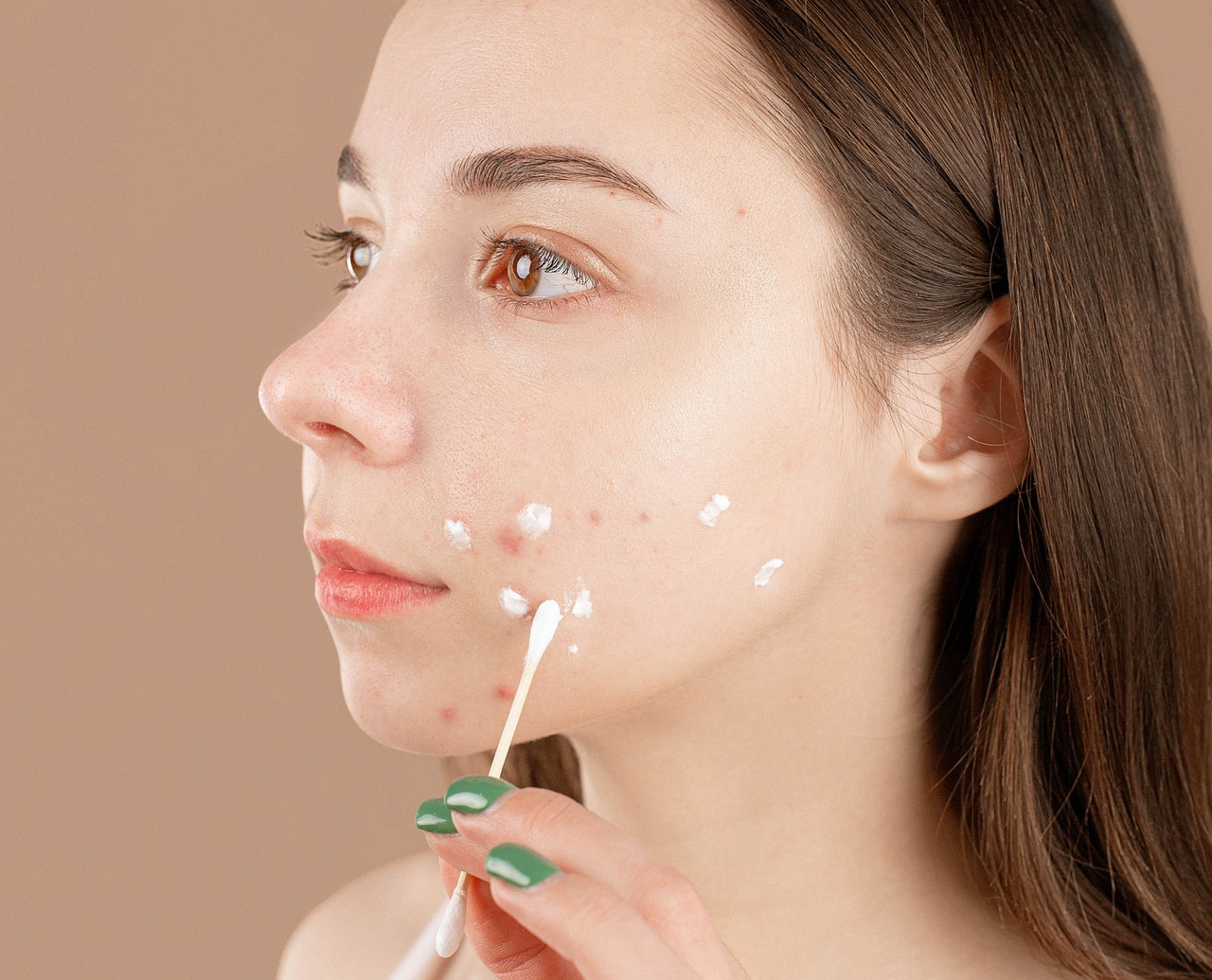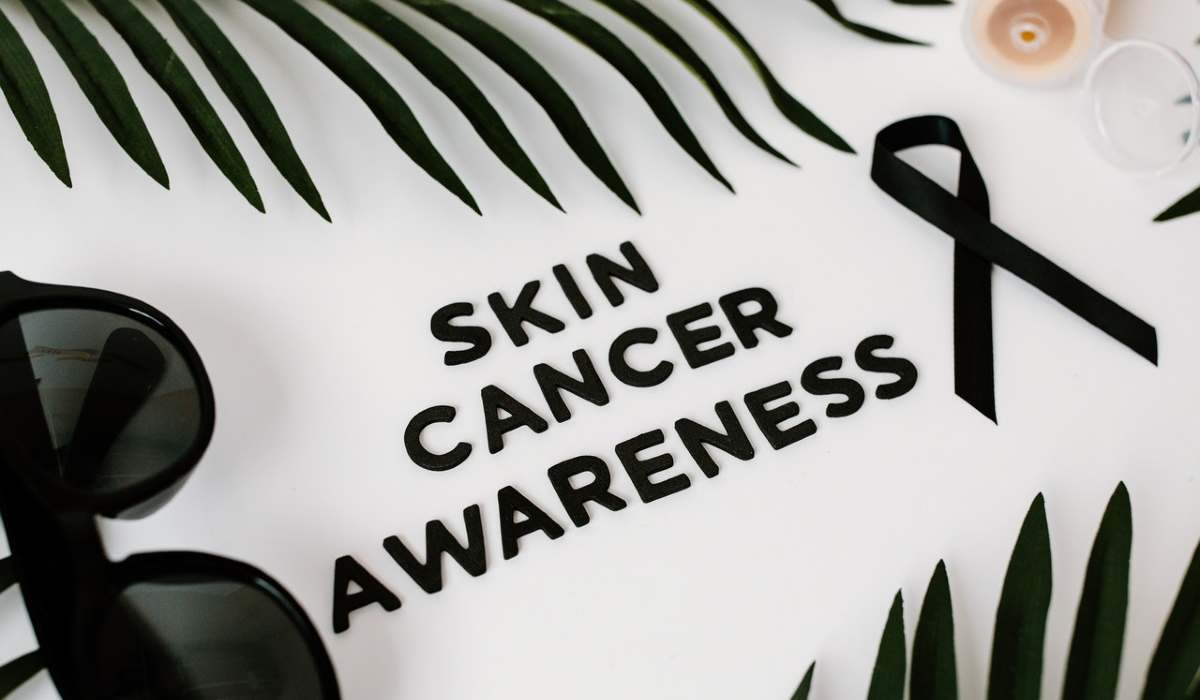Changes in our skin as we age are inevitable, including loss of moisture, changes in…

Dispelling Doubts About Acne: 9 Hard Facts You Need to Know
By a clear mile, acne is the most prevalent skin condition in the UK. According to the NHS, around 95% of people aged 11 to 30 are affected by acne to some extent.
Despite being the most common condition treated by dermatologists worldwide, acne is deeply misunderstood by most people. Unfounded assumptions and beliefs about what causes acne have circulated unchecked for generations.
Over the years, extensive scientific research has brought to light a series of important truths on the subject. So, for anyone who struggles with acne or has experienced acne in the past, we hope you find the following facts and figures enlightening:
Fact #1 – Washing more often does not reduce the severity of acne
Today’s facial cleansing market is populated by a wide variety of specialist products for acne. Some of which can be more effective than conventional soap, if you use it as per the manufacturer’s instructions.
However, there is no evidence to suggest that washing more often (or excessively) helps to prevent acne breakouts.
Washing more often than recommended with any facial cleanser will almost always prove counterproductive. Rather than combating the problem, you are more likely to irritate your skin and decrease its responsiveness to the products you use.
Fact #2 – Acne does not simply go away on its own
Many acne sufferers worldwide are blinded by the false assumption that the condition will eventually subside on its own. That if they simply leave it to its own devices, the skin will sort itself out soon enough.
In reality, acne has the potential to last for years or even decades, without appropriate treatment. Some cases respond well to OTC cleansers, others require more advanced prescription topicals. In every case, no matter who you are, it’s crucial to take action as early as possible.
If you leave your acne to sort itself out, you could be in for extensive and perhaps permanent scarring.
Fact #3 – Inducing sweating does not clear up acne breakouts faster
Traditionally, a popular approach to the treatment of acne has been to induce sweating. Most people try this by sitting in a sauna or placing hot towels on their faces.
In theory, the skin sweats profusely, the pores open and the face is cleansed of impurities. In practice, research suggests that sweating only makes your acne worse.
There is no scientific evidence whatsoever to suggest it is possible to ‘sweat out’ acne. By contrast, there is plenty of evidence to suggest that acne sufferers experience more breakouts in the summer.
Fact #4 – Acne is not merely a superfluous cosmetic condition
To write off acne as nothing more than a superfluous cosmetic condition is to make a major error of judgment. Research suggests that more than 50% of people who struggle with acne also suffer psychologically.
Your skin and mental health are intrinsically connected. Depression, anxiety, and low self-esteem routinely accompany skin conditions like acne. As such, physicians and dermatologists must acknowledge the often-unspoken implications associated with acne.
Depending on the severity of the condition, acne can be life-altering and dangerously debilitating. For those affected, acne is anything but a largely harmless skin complaint that poses no direct threat to their well-being.
Fact #5 – Acne cannot be cured through exposure to the sun
One of the most effective options for combating acne is to undergo laser treatment or light therapy. However, the effectiveness of specialist light therapy has led many to assume that exposing acne to direct sunlight can replicate the effect.
On one hand, it is true that moderate exposure to the sun can be good for your skin. But when it comes to treating acne, the risks associated with exposure to UV radiation far outweigh the benefits.
Along with potentially worsening your condition, exposure to UV rays can accelerate your skin’s ageing process. Not to mention, lead to an elevated risk of developing skin cancer.
Fact #6 – Popping acne papules and pustules slows the recovery process
The myth of pimple popping as a treatment for acne has no basis in science or logic. In fact, it is a potentially dangerous approach to treatment that presents two major risks.
Firstly, popping or scratching away the pimples associated with acne can result in severe scarring. By bursting and tearing the already sensitive tissues around the affected area, the risk of long-term scarring increases.
Secondly, popping acne pimples results in the inflammatory content of the pimple being spread over the surrounding tissues. This is only likely to result in more pimples appearing. Much as the temptation can be overwhelming, popping acne pimples only makes things worse.
Fact #7 – With acne medications, less can be more
Many people often assume that if a tiny quantity of acne medication is good, applying more is better. This assumption overlooks the fact that acne treatments rarely work by the law of mass action. Instead, they are designed to work on medial pathways – quantity, therefore, being of no relevance.
With acne treatment, the quantity recommended by the manufacturer is the quantity needed for optimum effectiveness. Applying more of your acne medication will not amplify the benefits or speed up your treatment.
If anything, you simply stand to cause even more damage to the inflamed and sensitive skin. Dryness, irritation, and blemishes can occur with the overuse of acne medications.
Fact #8 – Most acne treatments take months to work
Understandably, patients with problematic acne want their conditions treated as quickly as possible. This leads many people to unrealistic expectations regarding treatment timeframes.
One study conducted on acne patients found that around two-thirds expected immediate improvements after the first treatment. On average, it can take up to 12 weeks for the effectiveness of acne treatment to reach its peak.
This is why so many acne sufferers experiment with dozens of different products within a comparatively short period of time. Where a product fails to make a difference literally overnight, they falsely assume it to be ineffective and try something else. Patience is, as they say, a virtue. Don’t expect an overnight miracle.
Fact #9 – OTC medications are not as effective as professional treatment
OTC medications can be highly effective in the treatment of mild acne. But when it comes to more problematical and prolonged cases, OTC treatments may be insufficient.
Treating a more advanced case of acne may require a course of prescription medication. Laser skin treatment and light therapy can also bring severe cases of acne under control.
If in doubt, it is better to speak to a dermatologist or your doctor than to adopt a trial-and-error approach. It could be that the solution to your condition is surprisingly straightforward, though calls for professional intervention.





